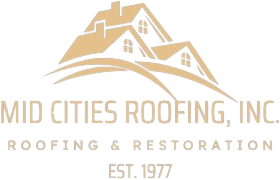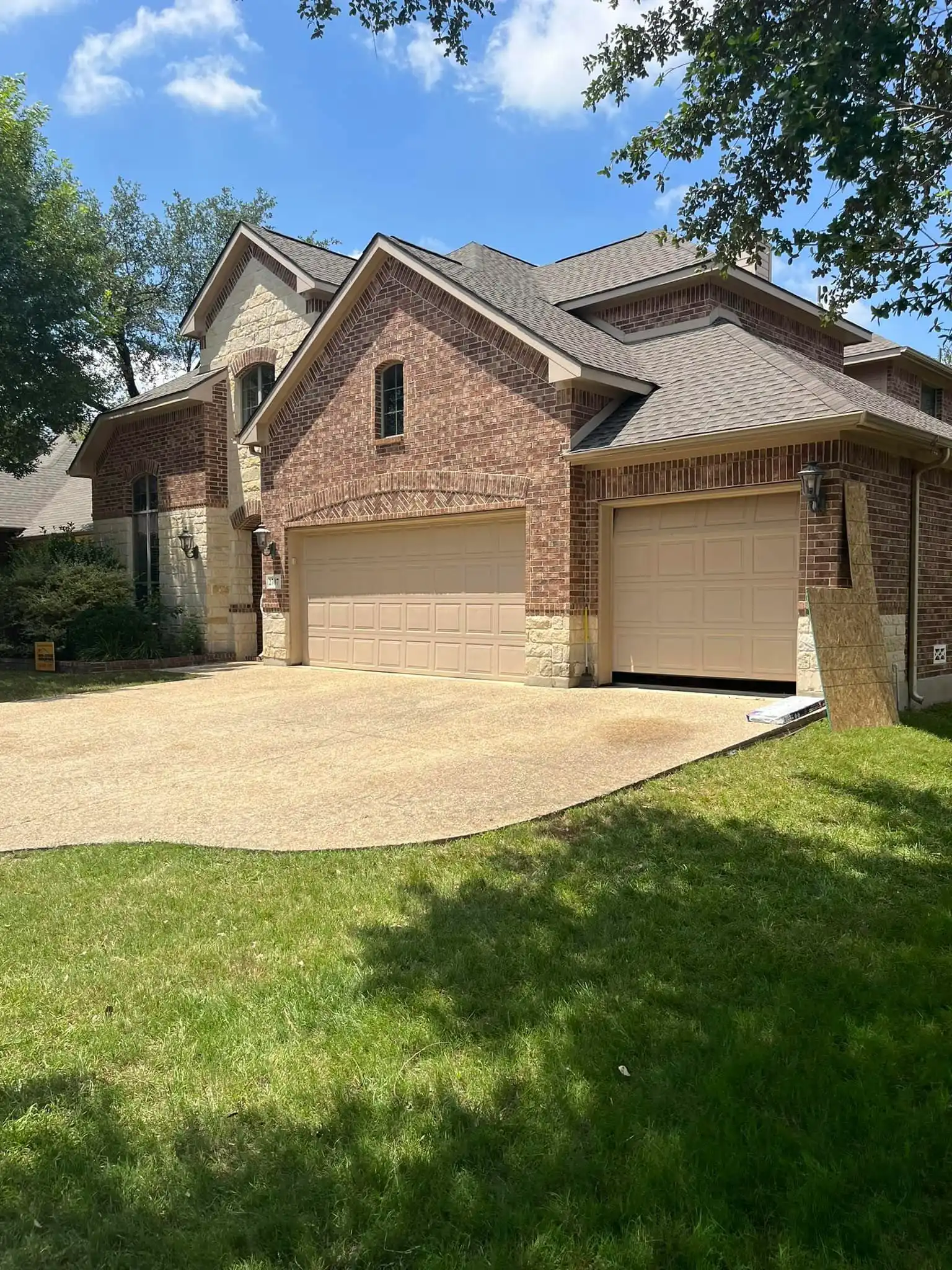What’s Included in a Roof Inspection and Why It Matters
A roof is one of the most important components of your home. It protects you and your family from the elements and plays a crucial role in the overall structure and energy efficiency of your property. Whether you’re preparing to buy or sell a home, dealing with storm damage, or simply keeping up with routine maintenance, a roof inspection is essential.
In this blog post, we’ll break down what’s included in a roof inspection, why it’s crucial for your home’s safety, and how it can save you money in the long run. At Mid-Cities Roofing Contractors in Weatherford, TX, we specialize in comprehensive roof inspections, and we’re here to guide you through the process and explain why regular inspections should be a part of your home maintenance routine.
What Is a Roof Inspection?
A roof inspection is a thorough assessment of the condition of your roof. During an inspection, a professional roofing contractor will check for any damage, wear and tear, or potential issues that could affect the roof’s ability to protect your home. The inspector will evaluate the roof’s various components, including shingles, flashing, gutters, and vents, to ensure they are functioning correctly.
Roof inspections are typically performed after severe weather events like hailstorms or high winds, before selling a home, or during routine maintenance checks to catch issues early before they become more serious.
What’s Included in a Roof Inspection?
A professional roof inspection covers several important areas to provide a complete overview of your roof’s condition. Below are some of the key elements included in a typical roof inspection:
#1: Exterior Inspection
The first part of the inspection involves assessing the roof’s exterior. This includes a visual examination of the shingles, tiles, or other materials used on your roof. The inspector will look for signs of damage, such as:
- Cracked, curling, or missing shingles: Shingles that are damaged or missing can expose the underlying roof structure to the elements, leading to leaks and further damage.
- Granule loss: If your shingles are losing granules, this can indicate they are aging and may need to be replaced.
- Damage from storms or debris: The inspector will check for any visible damage caused by hail, wind, or fallen branches.
The exterior inspection also includes a look at the roof’s slope, checking to ensure it is properly draining water away from the home. If water is not flowing off the roof correctly, it could lead to pooling water or leaks.
#2: Flashing and Sealant Inspection
Flashing is a crucial component of your roof’s defense against water intrusion. It is installed around roof features like chimneys, skylights, and vents to create a watertight seal. During a roof inspection, the contractor will check the flashing for:
- Cracks or gaps in the flashing: Over time, flashing can deteriorate or become damaged, leaving vulnerable areas open to water leaks.
- Proper sealant application: The inspector will ensure that the sealant around flashing, vents, and pipes is intact and functioning properly to prevent leaks.
#3: Gutter and Downspout Inspection
Gutters play a key role in preventing water damage by directing rainwater away from the roof and foundation. During the inspection, the gutters and downspouts will be examined to ensure they are clear of debris and functioning properly. A clogged or damaged gutter system can lead to water damage on the roof, siding, and foundation.
#4: Roof Deck and Structure Evaluation
The roof deck is the foundation of your roof, and its condition is critical to the overall health of the roof. The inspector will check for any signs of sagging, rot, or other structural issues that could compromise the roof’s integrity. This may involve a closer inspection of the attic or interior of the home to check for any signs of water stains or mold that indicate leaks.
#5: Attic Ventilation and Insulation Check
Proper attic ventilation is essential for maintaining a healthy roof. During the inspection, the roofing contractor will evaluate your attic’s ventilation system to ensure it is allowing for proper airflow. Without adequate ventilation, heat and moisture can build up in the attic, which can lead to mold growth and damage to the roof structure. The inspector will also check the insulation in the attic to ensure it’s in good condition.
#6: Interior Inspection
In some cases, the inspector may also look inside the home to check for signs of water damage, leaks, or mold. This is especially important if you notice signs of water staining on your ceilings or walls. The interior inspection can help identify issues that may not be visible from the outside and can help pinpoint the source of any leaks.
Why Roof Inspections Matter
Roof inspections are more than just an evaluation of the condition of your roof; they are a proactive measure that can save you money and prevent future problems. Here’s why roof inspections are important:
Reason #1: Early Detection of Issues
The earlier issues are detected, the easier and cheaper they are to fix. A small crack or leak that goes unnoticed can quickly lead to more significant damage, such as mold growth, rotting wood, or structural instability. Regular inspections allow you to catch these problems early before they escalate.
Reason #2: Protecting Your Investment
Your roof is one of the largest investments you’ll make in your home. Regular inspections help you maintain its condition, ensuring it lasts as long as possible. Addressing issues early can also help you avoid expensive repairs or the need for a full roof replacement.
Reason #3: Increased Home Value
A well-maintained roof increases the value of your home and can make it more attractive to potential buyers. If you’re planning to sell your home, a recent roof inspection can provide peace of mind to buyers, knowing that the roof is in good condition and won’t require immediate repairs.
Reason #4: Insurance and Warranty Benefits
Many homeowners’ insurance policies require a roof inspection to assess damage and determine coverage. If your roof is found to be in poor condition, your insurance company may not cover the cost of repairs or replacement. Additionally, many roofing warranties require regular inspections to remain valid.
How to Schedule a Roof Inspection
If you’re ready to schedule a roof inspection, Mid-Cities Roofing Contractors is here to help. Our professional inspectors provide thorough evaluations to ensure your roof is in top condition. You can schedule an inspection directly through our roof inspection service page or visit our home page for more information.
If you’re concerned about the condition of your roof, don’t wait until it’s too late. Contact us today to schedule your roof inspection and get expert advice on maintaining a safe, secure roof over your home.
Conclusion
Regular roof inspections are essential for maintaining the health of your home and preventing costly repairs down the line. By identifying issues early, you can extend the life of your roof and ensure your home remains safe and secure. At Mid-Cities Roofing Contractors, we provide comprehensive roof inspections and reliable roofing services in Weatherford, TX. Don’t wait until small problems become big ones—schedule an inspection with our experts today.






